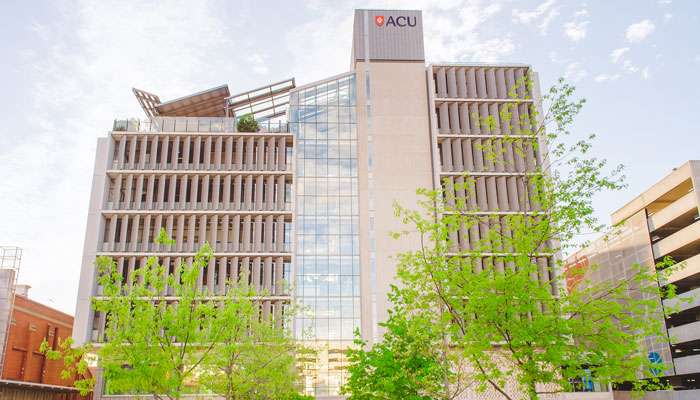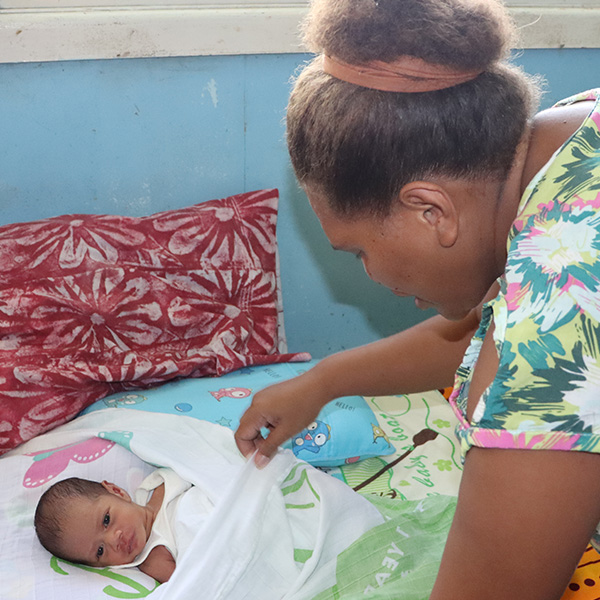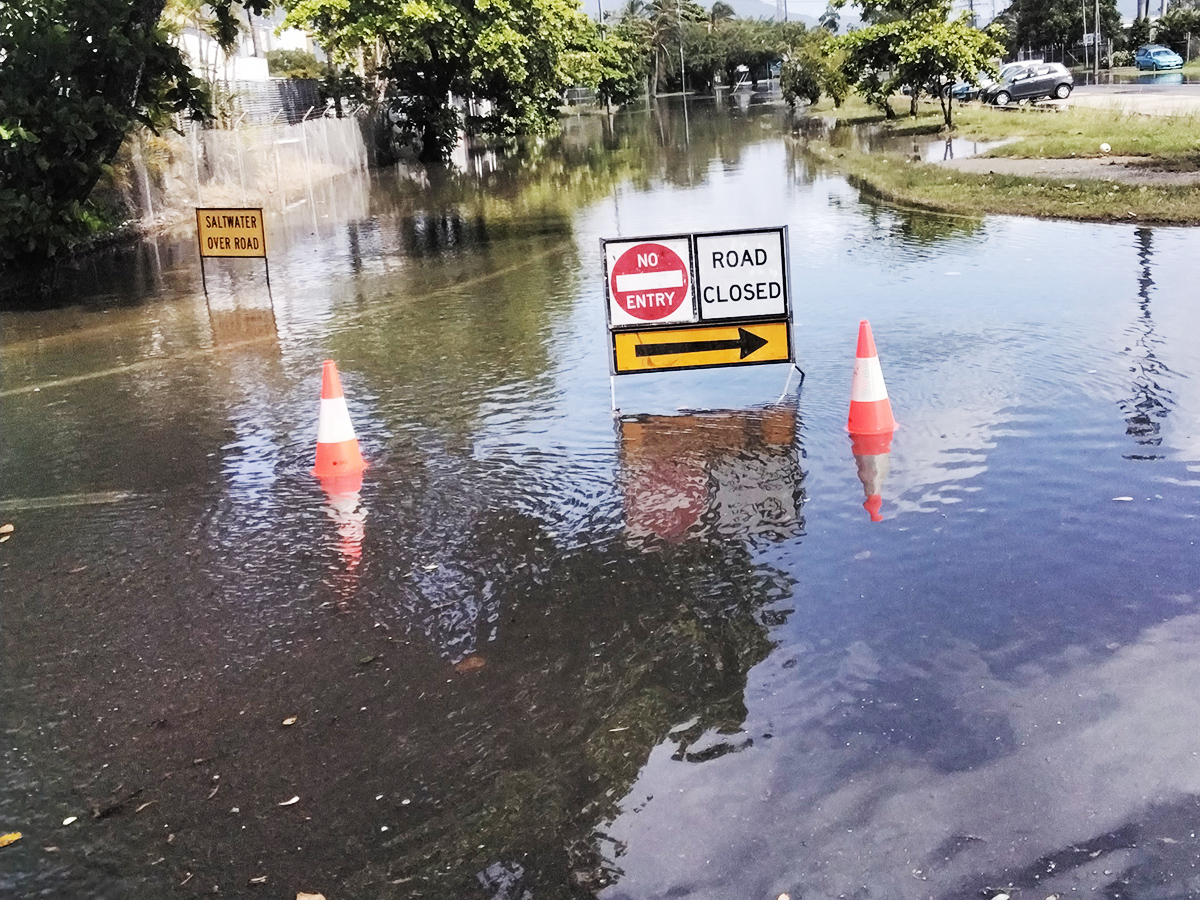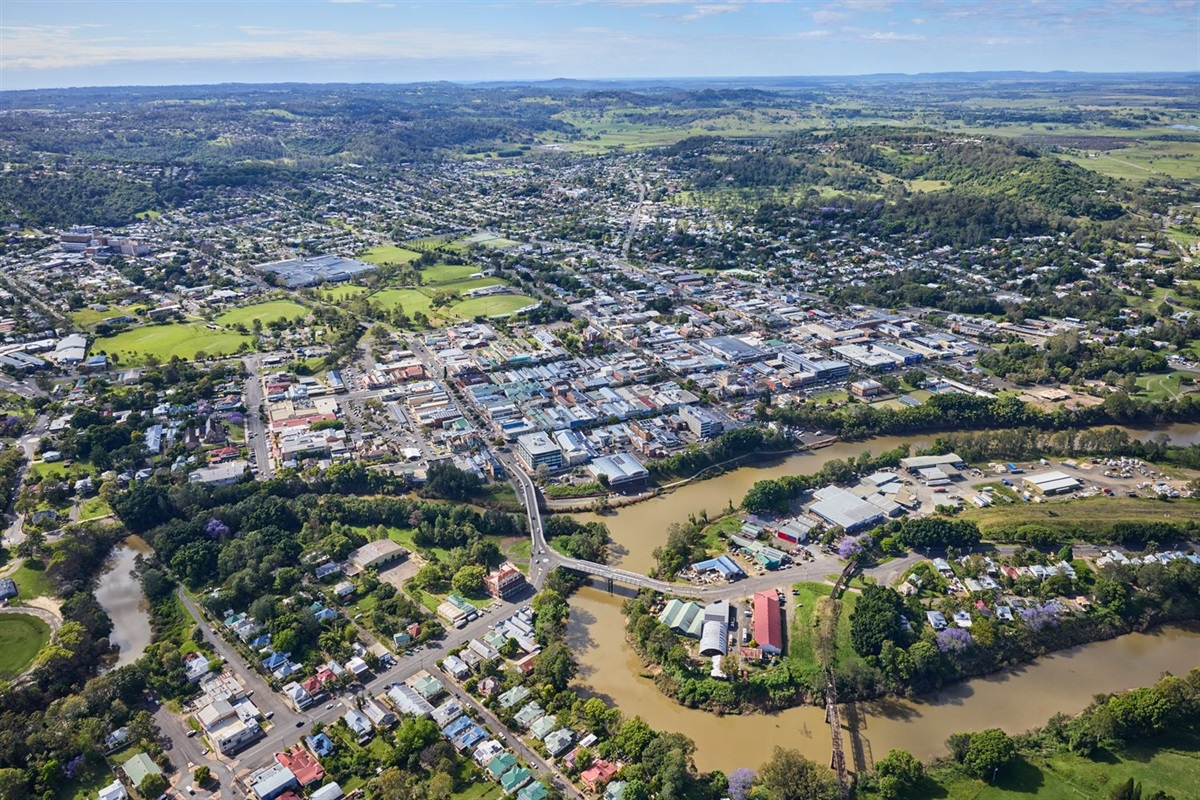Weld Australia has confirmed that Australia’s welders are more than capable of building the new fleet of eight nuclear-powered submarines agreed to in the $368 billion AUKUS deal this week. However, the biggest risk facing the nuclear-powered AUKUS submarine build is whether enough skilled welders can be recruited and trained. As such, Weld Australia is calling for a Shipbuilding Welding Academy to be established and funded by the Federal Government.
According to Geoff Crittenden (CEO, Weld Australia), “There has been some discussion in the media over whether the quality of Australian welders is sufficient to build the proposed AUKUS nuclear-powered submarines. Australia’s qualified welders are more than capability of building the new fleet.”
“Some pundits have stated that the quality of welding required for a nuclear submarine is of a much higher standard than that required for a diesel electric conventional submarine. However, all welding must be of the highest quality if the submarine is to meet the necessary survivability objectives—whether the submarine is nuclear or diesel powered is irrelevant.”
“Whilst some welding on nuclear boats is undertaken in line with different International and Australian Standards, and utilises different materials, the quality of the weld must be the same: that is to zero defects.”
“I am pleased to report that the quality of welding employed on the Collins Class submarines is of the highest possible standard. It is—without question—world class. During the early days of the Naval Group project, senior French engineers visited the ASC facility to witness hull welding on the Collins Class submarines. When these engineers asked what the defect rate was for the hull welds, they were informed by the Welding Supervisor that the defect rate was zero. The French engineers were initially sceptical—until they reviewed the Non-Destructive Testing reports. The engineers confirmed that they simply could not replicate this quality of welding in France,” said Crittenden.
The biggest risk facing Australia’s nuclear-powered AUKUS submarine build is not welder capability, but the recruitment and training of enough skilled welders.
“Australia is already facing a severe shortage of skilled welders. Even before the AUKUS deal was signed, Australia was looking at a shortage of 70,000 welders by 2030. So, unless we take serious precautions now, there simply won’t be enough skilled people to undertake the welding required,” said Crittenden.
“We need a Shipbuilding Welding Academy to be established and funded by the Federal Government. An academy of this nature will help ensure that the defence prime contractors have access to the skilled, qualified welding professionals required to successfully deliver the nuclear-powered submarines. It will ensure that Australia has sufficient tradesmen of the right calibre ready to commence welding of the AUKUS submarines when the time comes.”








